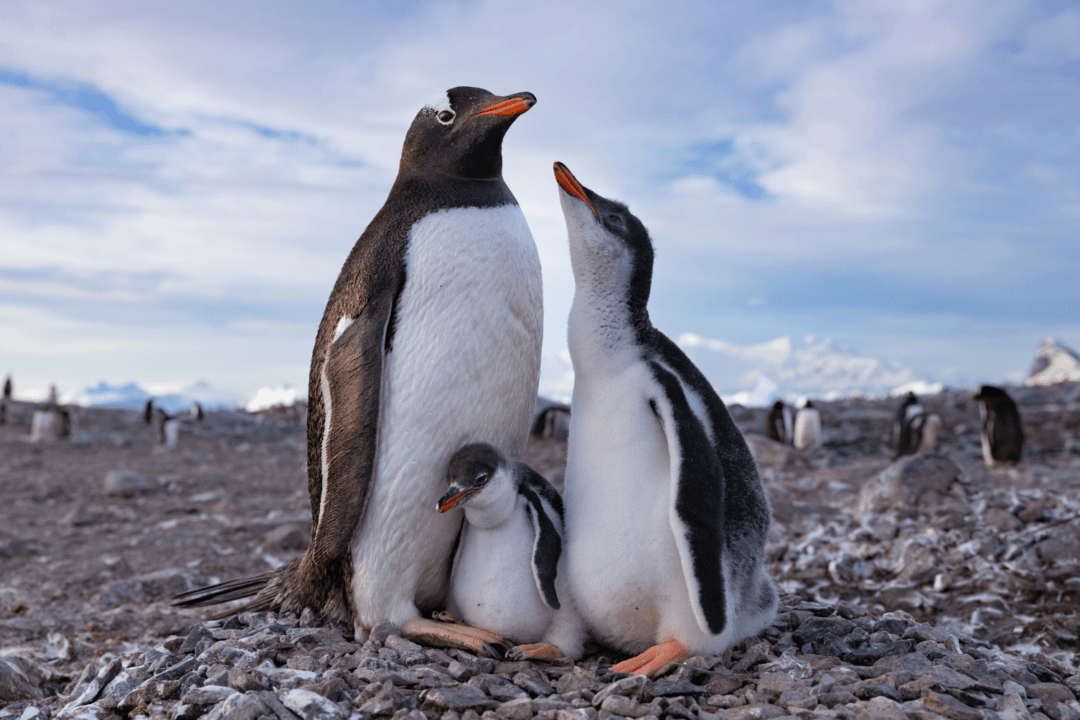A new National Geographic docuseries has provided an unprecedented look into the complex lives of penguins, revealing their world really isn’t as black and white as one might think.
The three-part documentary, titled “Secrets of the Penguins,” debuted on the National Geographic channel on April 20 and is now available to stream on Disney+ and Hulu.





